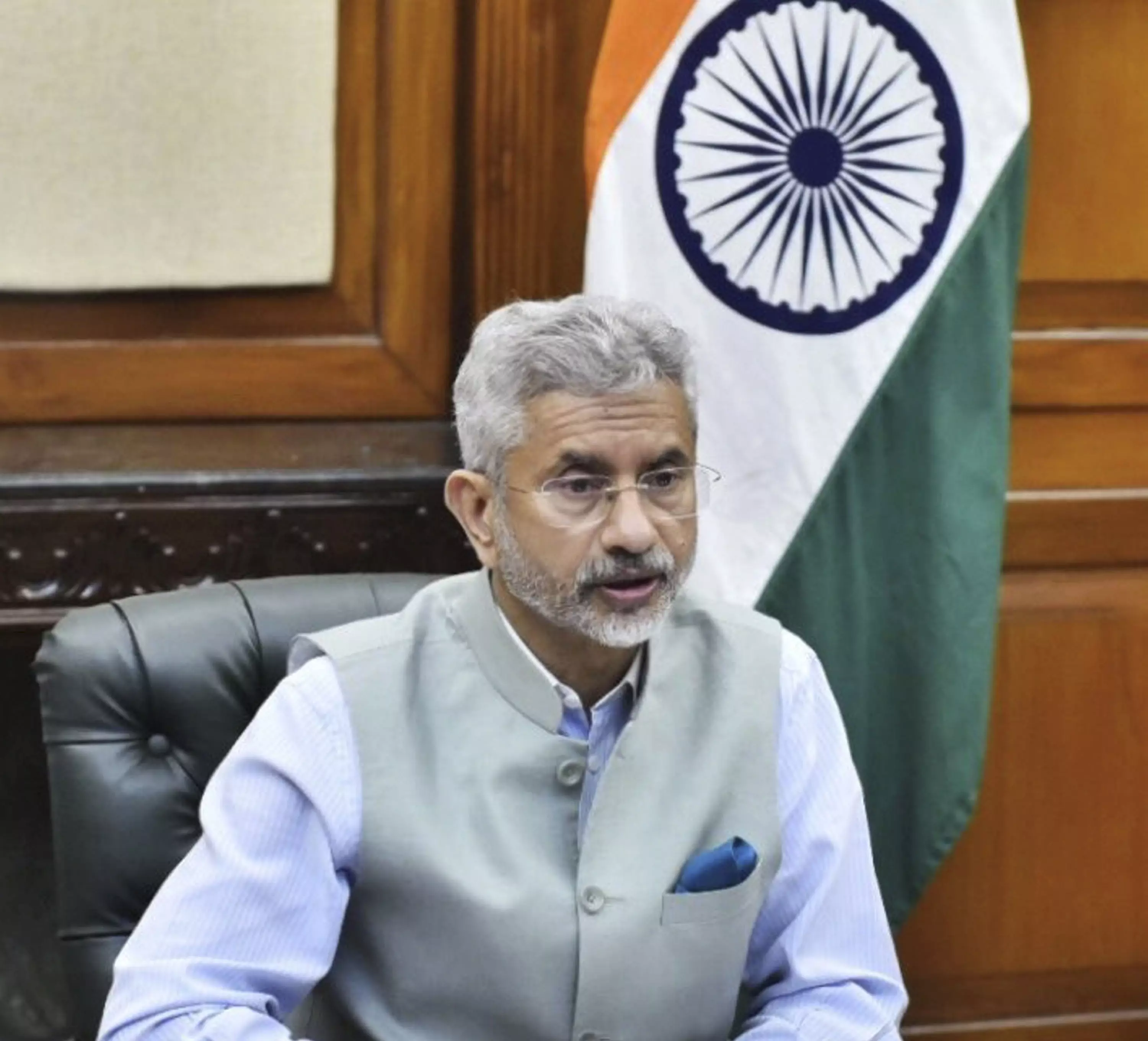DC Edit | India questions West, Global North on double standards

The world is at a crossroads today when it is being challenged even on what stand to take as wars are being fought in three regions — in the Middle East, in Ukraine and in a bit of western Russia and in the form of a civil war in Sudan. While a balancing act in the largely bipolar world of today itself is a challenge, countries are being sucked into a global trauma now with the fear of a wider conflict that humanity can ill afford.
However turbulent the time may be, it does not hamper our voluble external affairs minister S. Jaishankar who never finds himself constrained from expressing his views, and those of India, at international forums. He was probably in his element when he slammed double standards by calling out the US, the West and other powers of the Global North on their sensitivities when India responds with a comment on their comments on India’s internal affairs.
It is hard to argue against the foreign minister’s view that not even a democratic country can claim a right to comment on another justifying it as a promotion of democracy globally but bristling with outrage and calling it interference in internal affairs if any issue pertaining to their society or their politics is commented on.
What may have been in Mr Jaishankar’s mind was the frequency at which the West has criticised India on religious freedoms and its treatment of minorities. Contrast that with, say, India’s views on what the state of racial relations are in the US when, for instance a white cop is sitting on the neck of a black man and strangling him to death, or the discrimination people in the black, Latino and Asian-American communities plays out in the lives of their citizens in the US.
The foreign minister did, however, tend to end the very debate he may have set off while speaking at a think tank in the US by referring to any country’s right to comment while claiming India’s right to respond. The interconnected globe of today is such that speech is not only free but also freely transmitted instantaneously leading to a competitiveness among nations even in the matter of a war of words.
The bigger double standard the foreign minister spoke about openly was in the matter of influential nations in entrenched positions in the United Nations, particularly in the UN Security Council, resisting reform in a fast-changing world. India’s claim to a permanent place in the council is today backed by growing economic clout and comparative military strength leading to its growing influence, especially as a powerful voice of the Global South. And yet nothing seems to impel the powers to admit the need for change.
Of course, the United Nations itself is a paradoxical institution of double standards as has been repeatedly stressed upon in the time of conflicts. The current UN Secretary-General finds himself questioned over the UN responses he calibrated on the Middle East war issues, one by not condemning outright the outrage of the Hamas strike against Israel on October 7 and two, in initially terming Iran aiming 180 ballistic missiles at Israel as “an escalation after escalation”.
As an embodiment of double standards, the United Nations is an emasculated forum incapable of telling the truth that aggression is bad in any form. Even if India were to get its rightful UNSC place, it would still only be in an ineffectual forum unable to do anything about global turbulence in a time of war like now.

